Emergencies

Emergency Services
Call these numbers for emergency services:
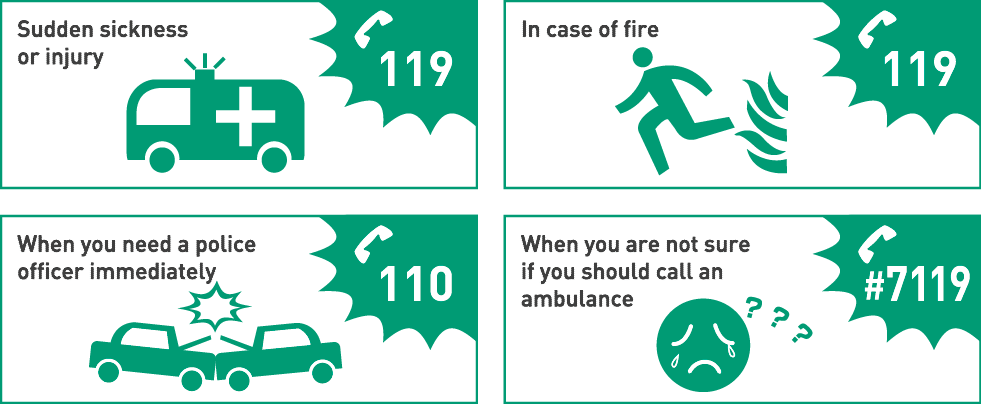
Emergency calls can be made for free from public telephones, mobile phones and landlines.
Natural Disasters
Japan is prone to a range of severe weather phenomena, in addition to earthquakes and resulting tsunami.
Typhoons
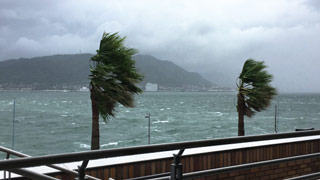
The Pacific typhoon season officially runs from May to October, and Japan is most often affected in August and September.
In the event of a typhoon:
Before :
- Remove or secure outdoor items on balconies, in gardens etc.
- Close and lock windows and doors
During :
- Avoid going outside where possible
- Stay away from rivers and waterfronts and beware of debris
After :
- Assess any damage to property and notify building manager
Earthquakes
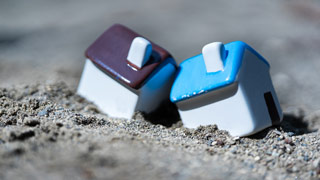
Sitting on one of the most active fault lines in the world, Japan experiences a tremor every five minutes. Major earthquakes are far less frequent, but it makes sense to be prepared in advance.
Preparations :
Home :
- Make sure to keep doorways clear
- Secure potentially unstable furniture, such as bookshelves and TVs
- Be aware of the location of fire extinguishers and fire escapes and have an evacuation route planned
Work :
- Check with other staff about emergency procedures
- Plan a walking route between your workplace and home
In the event of a major earthquake :
Indoors
Take cover immediately under a table or desk, protect head with arms or soft items to absorb the impact of falling objects. When tremors stop, extinguish any open flames, turn off breakers, close gas valves and evacuate quickly and carefully.
Outdoors
Stay in open spaces where possible. If near buildings, be wary of falling debris, broken glass, billboards etc.
On public transport
Stay in open spaces where possible. If near buildings, be wary of falling debris, broken glass, billboards etc.
Driving
Pull over to the left side of the road. If no parking is available, leave keys inside the car with the doors unlocked before evacuating.
Coastal areas
Large earthquakes can trigger tsunamis, so evacuate to higher ground immediately. It may be hours after the earthquake that a tsunami occurs.
Evacuation :
When a large-scale earthquake occurs, parks and open spaces will be designated as evacuation areas, while many public and private buildings become temporary shelters for people who are unable to get home, or whose homes are unsafe. Ask the city/ward office for information on evacuation sites near your home and workplace. Be aware that public transport may shut down completely in the hours following an earthquake, and returning home may not be possible. Large aftershocks can continue for days after an earthquake has occurred.
Communication :
Phone lines become very congested after a disaster due to the large number of people trying to reach friends and relatives. Mobile messaging apps and online call services such as Skype, WhatsApp and Line are likely to be more reliable means of communication during times of emergency.
Emergency Kit
It is recommended that you prepare an earthquake survival kit containing 3 days’ worth of supplies for each member of your family, and keep it somewhere you can access easily. You should also have water – 2-3 litres per person per day.
Emergency supplies to be stored in backpack

Flashlight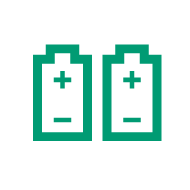
Batteries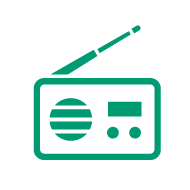
Portable radio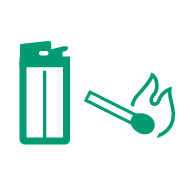
Lighter / Matches
Candles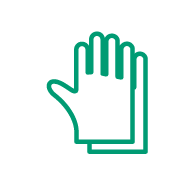
Thick cotton gloves
Waterproog tarpaulin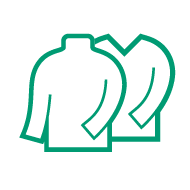
Extra clothes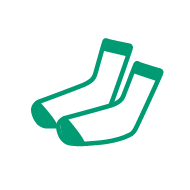
Sturdy shoes and thick socks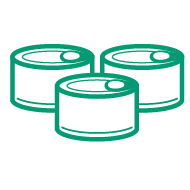
Nonperishable food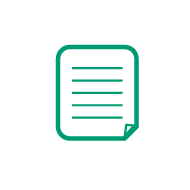
Emergency Contact Info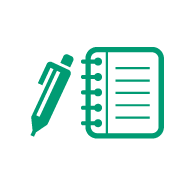
Pens and notepad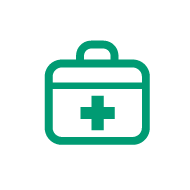
First-aid kit
Keep the Following items in a place where you can easily locate them with you

Cash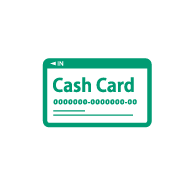
Cash cards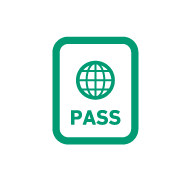
Passport / IDs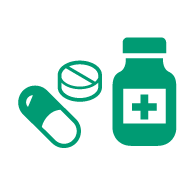
Nonprescription medicines